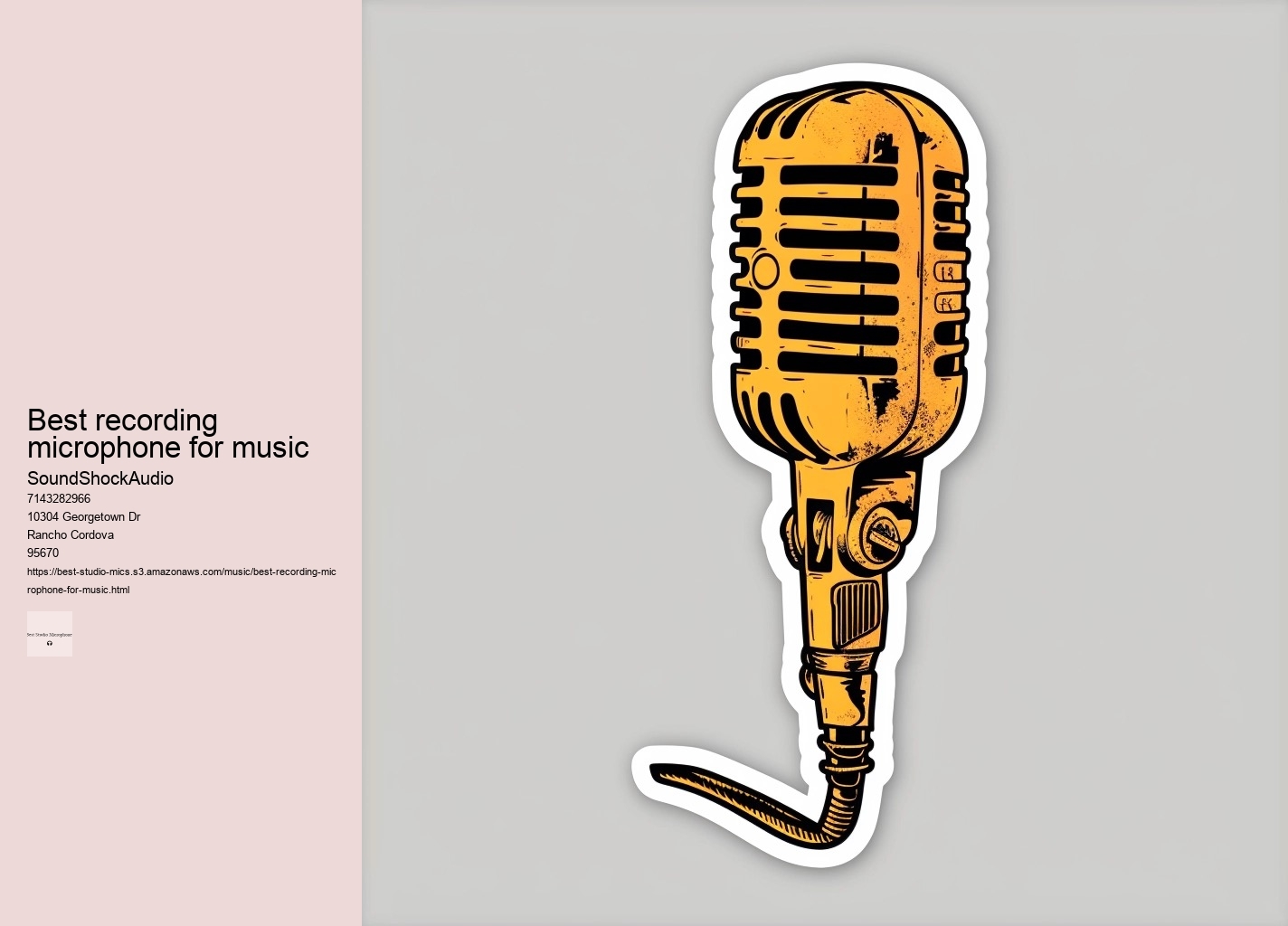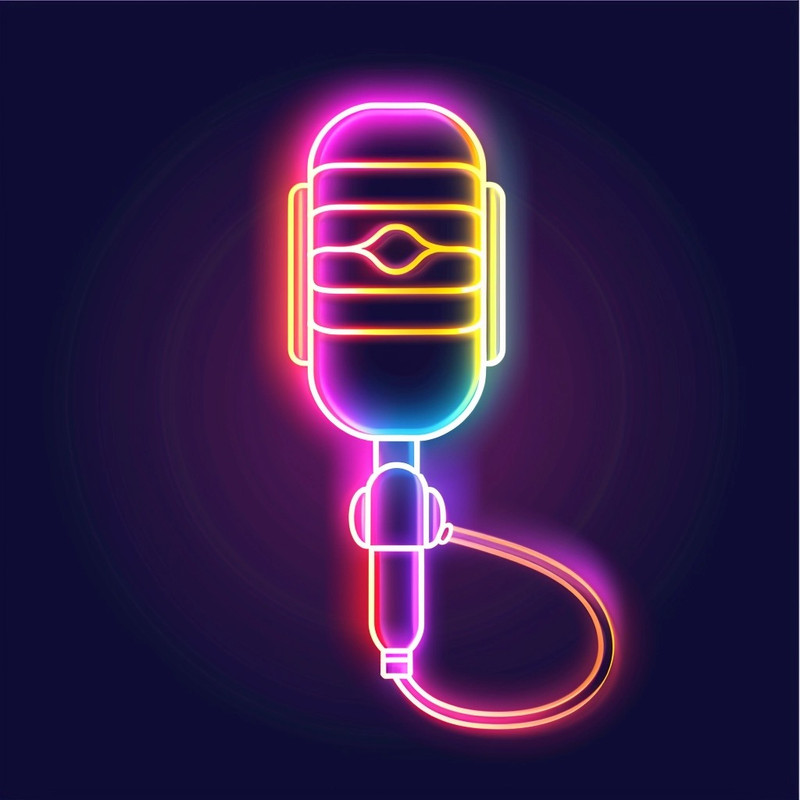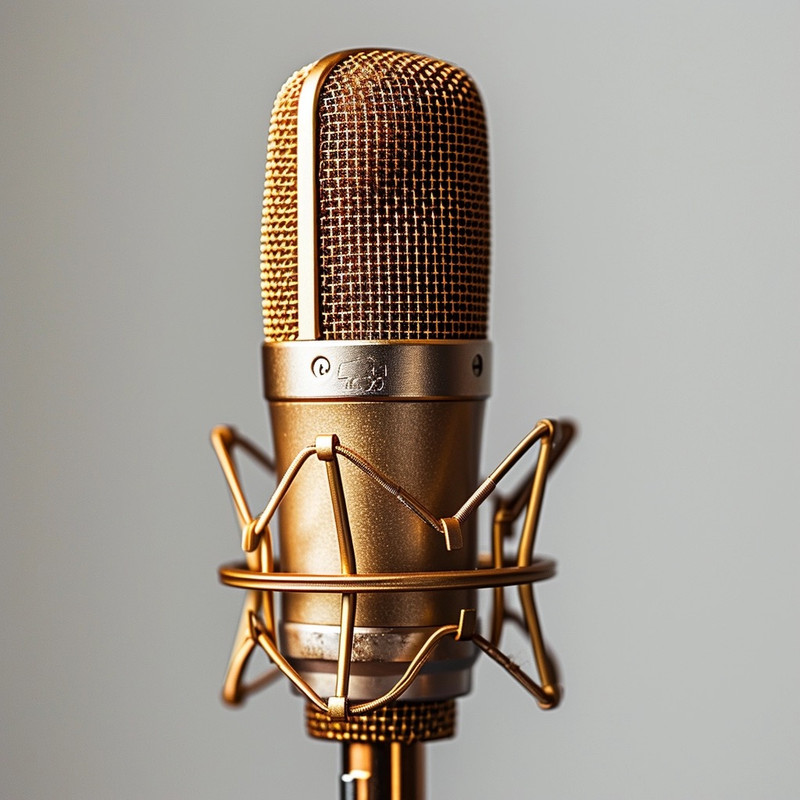

This is where encouragement for experimentation becomes pivotal. The RE20's frequency response is consistent up to 180 degrees off-axis. The sE2200a's omni mode is not its forte.
This meticulous crafting of acoustics prevents coloration that can be embedded into recordings by untreated spaces. To find out which microphone to buy, check out the best studio microphones on SoundShockAudio.. Rich text elements can be used for static or dynamic content.
Understanding your recording environment and budget is also important. Tasked with converting analog waves into digital bytes, these devices are pivotal for preserving the nuance and texture of performances.
They offer an exceptional option for artists seeking to infuse their tracks with professional-level clarity suffused with a touch of vintage charm—an auditory bridge between past elegance and present technological innovation. The best recording microphones by RODE, Shure and Audio-Technica are covered!
CE, a software that offers enhanced vocal effects, voice mods, and HD audio sample you can use to enhance the quality of your recordings. Listen to the drum kits recorded in professional studios over the past 50 years. They also have a wider range of frequencies.
The pursuit of clarity in recordings thus becomes an exercise in adaptation; it requires understanding both your environment's limitations and aspirations. This guide aims to provide readers with essential insights into selecting premier microphones that ensure flawless recordings.
The PGA27 is the perfect choice for vocalists who have a delicate tone - imagine Billie Eilish. The transformerless FET is a great way to eliminate low-frequency distortions from recordings.
Equalization (EQ), compression, reverb effects—all play integral roles in polishing raw recordings into professional-sounding tracks. multipattern The AT2020 excels with clear highs and balanced lows, while the Rode NT1-A boasts a reputation for its quiet operation and detailed sound reproduction.
Their simple construction—with a diaphragm attached to a coil positioned within a magnetic field—makes them capable of withstanding vigorous use without compromising performance. The British Broadcasting Company launched the 4038 microphone in 1952, after years of development and testing. First on our list is the Shure SM7B—a dynamic microphone revered by podcasters and vocalists alike.
The pursuit of sonic perfection is a nuanced journey, and the choice of a microphone can profoundly influence the auditory landscape of a recording. Vincent.
So go ahead—mix, match, tweak—and let your ears guide you toward that sonorous sweet spot only you can define. Another advantage lies in their directional nature.
This complexity comes with a price, both in R&D as well as in production. The venerable XLR connector remains a staple in professional studios due to its balanced audio capabilities and reliability.


Don't shy away from unconventional techniques either; sometimes placing a microphone off-axis or at varying distances can yield surprisingly impressive outcomes. The Beta 52A is the best mic for deep, rich sounds. The Aston Microphones Origin has made a lasting impact.
Audio-Technica AT2035 recorded detailed recordings with minimal noise. Here's a list of the essential microphones for home recordings.
USB microphones, in contrast, epitomize ease of use. Figure-8 or bidirectional microphones have a dual-lobe pattern, picking up sound equally from both the front and back but not much from the sides.
Music has changed in the last few years. This guide will explain the differences between the various recording microphones and give you an idea of the ones that are most suitable for which applications.
It should be able to capture subtlety while sounding genuine. It's very easy to get a natural sound with acoustic instruments. The D112 gives you the snap, and the 47 the thump.
Chances are that 84's will be on many of them. Understanding these nuances allows content creators and audio professionals to make informed decisions resulting in pristine audio captures true to their artistic vision.
Meanwhile, drum kits demand a multi-mic strategy: overhead condensers grasp cymbal shimmer and room ambience, snare-specific dynamics focus on crackling backbeats, and kick drum mics harness low-end punch. Consider the Beta 181 if you're looking for a great overhead microphone.
Neumann U47 FET, a low-noise, high-SPL classic that is celebrated in world-class recording studios as a "secret weapon", was first released as a modern replacement for the U47 valve microphone, which had been discontinued. This versatility makes it suitable for everything from intimate vocal sessions to room-filling orchestral recordings; however, its sensitivity might not be ideal in exceedingly loud environments.

The sound waves produced by the vocalist, an electric guitar, a flute or a pregnant elephant will be reflected off a flexible diaphragm in your microphone.
The Aston Origin is not a very characterful mic, but we found that to be one of its best features. They carry an analog signal, free from digital compression, ensuring that every subtle nuance of a performance is captured with utmost fidelity. It’s not simply a microphone; it's an artifact treasured by connoisseurs seeking warmth and depth that transcend typical recording experiences.
Moreover, a high-quality microphone will exhibit low self-noise; it's own electronic hiss should be virtually imperceptible to avoid polluting recordings with unwanted fuzz—a vital aspect when recording quieter passages or acoustic instruments.
The most popular microphone, especially among professionals and enthusiasts, is arguably the Shure SM58. Known for its durability, sound quality, and versatility, the SM58 has been a staple in live performances, studios, and broadcasting for decades. It's widely used by vocalists and speakers alike, making it a go-to choice for a broad range of audio recording and amplification needs.
Carrie Underwood, like many professional singers, has used various microphones throughout her career. However, she has often been seen using the Shure Beta 58A, a high-output supercardioid dynamic vocal microphone, during live performances. This microphone is favored by many artists for its reliability, sound quality, and ability to handle high sound pressure levels.
Eddie Van Halen, known for his innovative guitar playing, didn't primarily focus on microphones as his main instrument was the guitar. However, for vocals and certain studio applications, he and his band Van Halen would have used a variety of high-quality microphones typical of professional recording studios, such as Shure SM57s for instruments and possibly Neumann or AKG microphones for vocals. The specific mic choice would often depend on the desired sound and the recording engineer's preference.